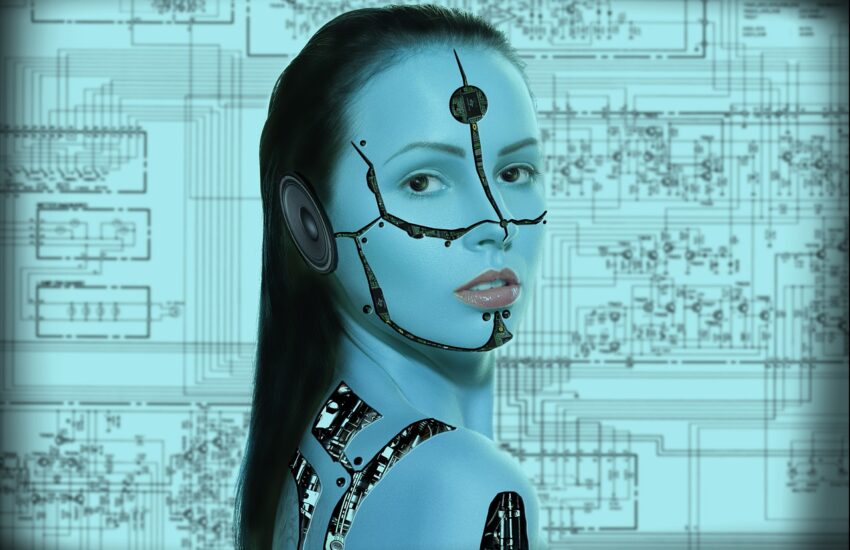Have you ever been on a date with a robot? I have been, or at least in a few cases I thought so. In the days of Tinder, you can meet people who can associate with a robot made by Hong Kong-based Hanson Robotics, regardless of gender. The robot was the first to become a citizen of Saudi Arabia in October 2017, becoming the first robot to receive citizenship of any country.
Sophia is endowed with artificial intelligence, can adapt to human behavior and work with humans. A dream team leader. Don’t associate?
Then take a look on YT: Will Smith Tries Online Dating
I have noticed that when I tell people about the possibility of replacing a human manager with a robot manager, they often take it literally. They imagine that some humanoid will sit behind their boss’s desk, dressed in an outfit made of titanium, with a face without facial expressions and muscle strength equal to that of an average excavator. This will give such a figure extraordinary power to influence the work of the team, a terrifying power to affect people’s lives.
But is this what an artificial manager is supposed to look like?
In my opinion, definitely not. It can be assumed that a physical figure, for example, such as if it were R2D2 or C-3PO from Star Wars, would be very sympathetic and give this manager subjectivity. However, this is not necessarily the case. It may cause the opposite effect – we will treat the robot manager as a toy or gadget from Star Wars. Artificial manager can only be virtual and act in two main ways.
First, it can be an actual copy of a human manager. Imagine that you are the manager. Everything you do is recorded by an information system (how to do it, I will describe in the following posts). The IT system acts like a camera that records your managerial work from start to finish, and on top of that it can isolate individual activities, e.g. planning, motivating, making decisions, analyzing a problem, etc. This is how online managerial tools on the TransistorsHead platform (http://transistorshead.com/). Then the information system can highlight the most dominant sequences of activities in your behavior as a manager and repeat them when you are on vacation, for example.
Second, the artificial manager can be a collection of all other managers whose behaviors were recorded as described above. If we have 100 managers managing similar projects, and on top of that using some specific methodology, such as Prince 2, then there are bound to be a lot of regularities and common behaviors, the main stream of which will produce a pattern that is relevant to our situation. Then this 101 artificial manager would probably be better than any of the human managers.
I think that the development and construction of artificial managers will have nothing to do with the Sophia robot, which, however cute, does not come off as a brilliant conversationalist, let alone a manager or leader that people would want to work with.

